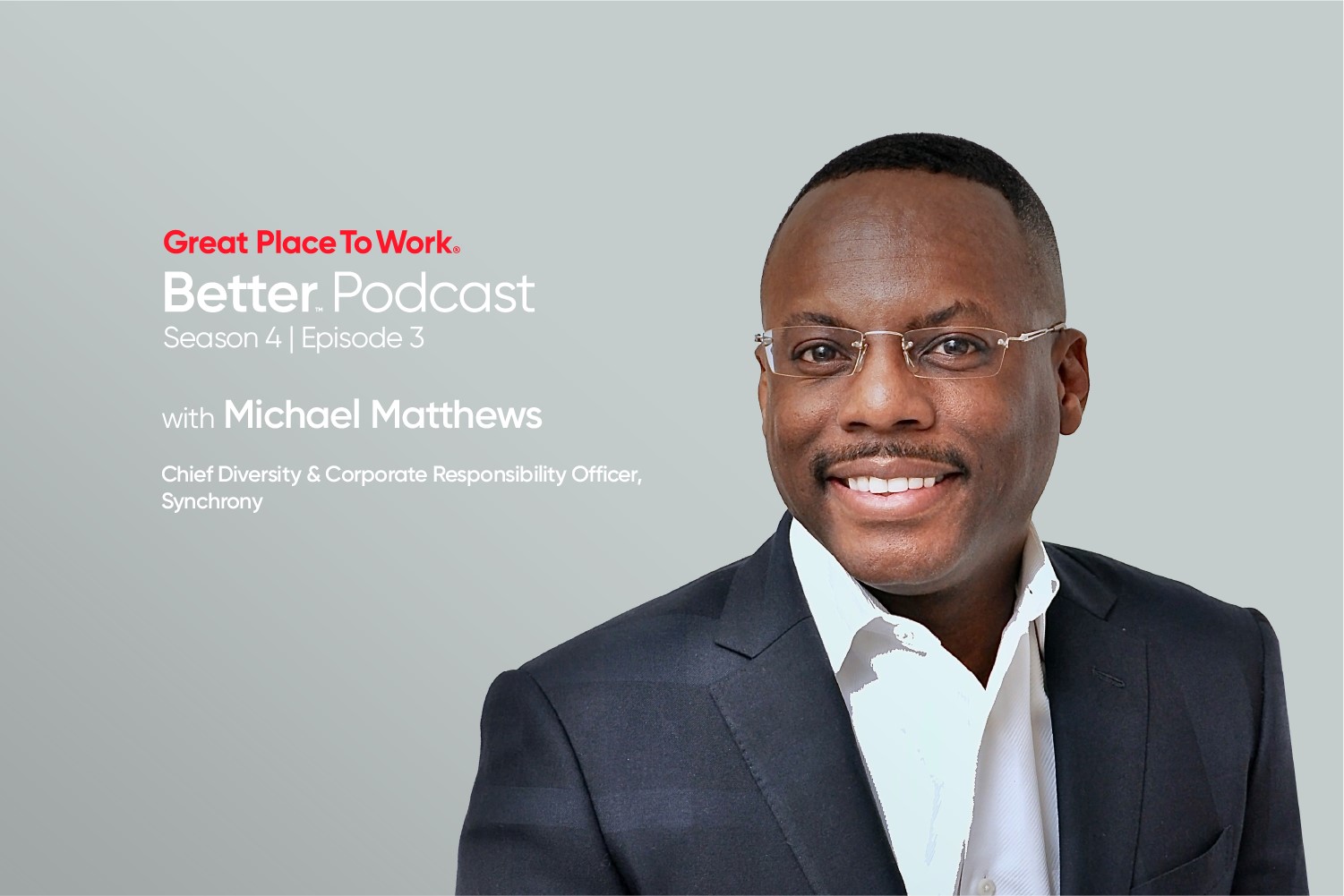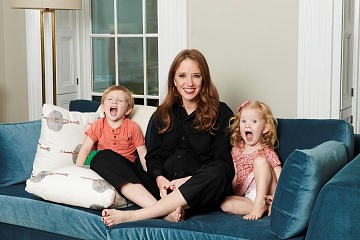Best Workplaces, Employee Well-being, Parents at work
What we can learn from the companies with the best policies for working parents.
America is the only rich country without a law on paid leave for parents. And yet, according to the Bureau of Labor Statistics, the labor force participation rate for all women with children under age 18 was 71.5% in 2018. For fathers, that figure was 93.3%.
For decades paid leave was dismissed as anti-business and called a “woman’s issue,” but this is simply untrue.
In our recent study of millennials in the workplace, caregiving responsibilities were a top concern for all parents. We asked employees what makes their workplace unqique as well as what would make it better.
To these questions, the word “paternity” was mentioned 632 times, "maternity" was mentioned 1,060 times, and "parent", 2,553 times.
The best workplaces know that enabling all employees to bring their whole selves to work builds trust, innovation, and hard bottom-line results. For employees, that means creating policies that support new mothers and fathers.
Policies that enable parents to blend their child-care and work obligations in a way that empowers them to deliver business impact when, where and how they want.
Take cue from the parental leave policies of Best Companies on how to help parents feel supported and be their best at work.
Paid Parental Leave
According to numerous studies, paid family leave offers clear advantages to both employers and families. For employers, it increases employee morale, productivity, and retains key talent.
For employees, it provides economic security, has a positive effect on infant and maternal health, and reduces infant mortality rates and stress and depression for mothers.
Paid family leave can also promote gender equality if it takes into account the importance of both parents’ time with children.
Companies on our Best Workplaces™ lists don’t just talk the talk about supporting new parents. At the top of the list for generous paid leave, American Express provides mothers with 135 paid days and 100 paid days for fathers.
Similarly, Adobe provides mothers with 130 paid days and 100 paid days for fathers.
In fact, when we look at the 10 most generous parental leave programs, we find that the companies provide an average of 114.5 days for mothers and 110.5 days for fathers.
Flexibility
When new parents return to the workforce, they often feel like they’re torn between two worlds. An employee from Plante Moran explains, “I felt pulled in a million different directions. I didn’t know what to do or how to handle everything that was laid out in front of me.”
Companies on our Best Workplaces lists understand that providing flexibility allows new parents to better serve both their employers and their families.
Launched in January 2016, Crowe's Where to Work policy allows people to work wherever they can be productive – whether that’s in Crowe office, from home or from another remote location.
More than 90% of employees can take advantage of this policy, whether it’s to work from home so they can drive their kids to and from school, work at a coffee shop so they have a shorter commute or work at a client site where they are leading a project.
Similarly, Accenture's Work Local program allows primary caregivers to work locally for up to one year following the birth or adoption of a child. Employees are guaranteed an equal-to or less-than 90-mile commute to work and are not required to stay overnight for business.
Role Adjustments
Often, it’s hard for consultants to maintain their travel schedules with young children. Today’s 100 Best Companies understand the struggle.
To give consultants a break from being away from home—and also provide an opportunity to build new skills—Workday has developed the Flexpert program, which prepares them to become instructors in training facilities.
This new role can dramatically reduce their time on the road and provide a stable and predictable schedule since training facility classes are planned months in advance.
Savvy (and empathetic) employers see first-hand, the benefit from offering more flexibility to all their employees. But this can’t stop at women. Men should have the right to paid parental leave benefits, too.
Does your company support new parents in innovative ways? Get Certified to get recognized for a workplace that supports families!













